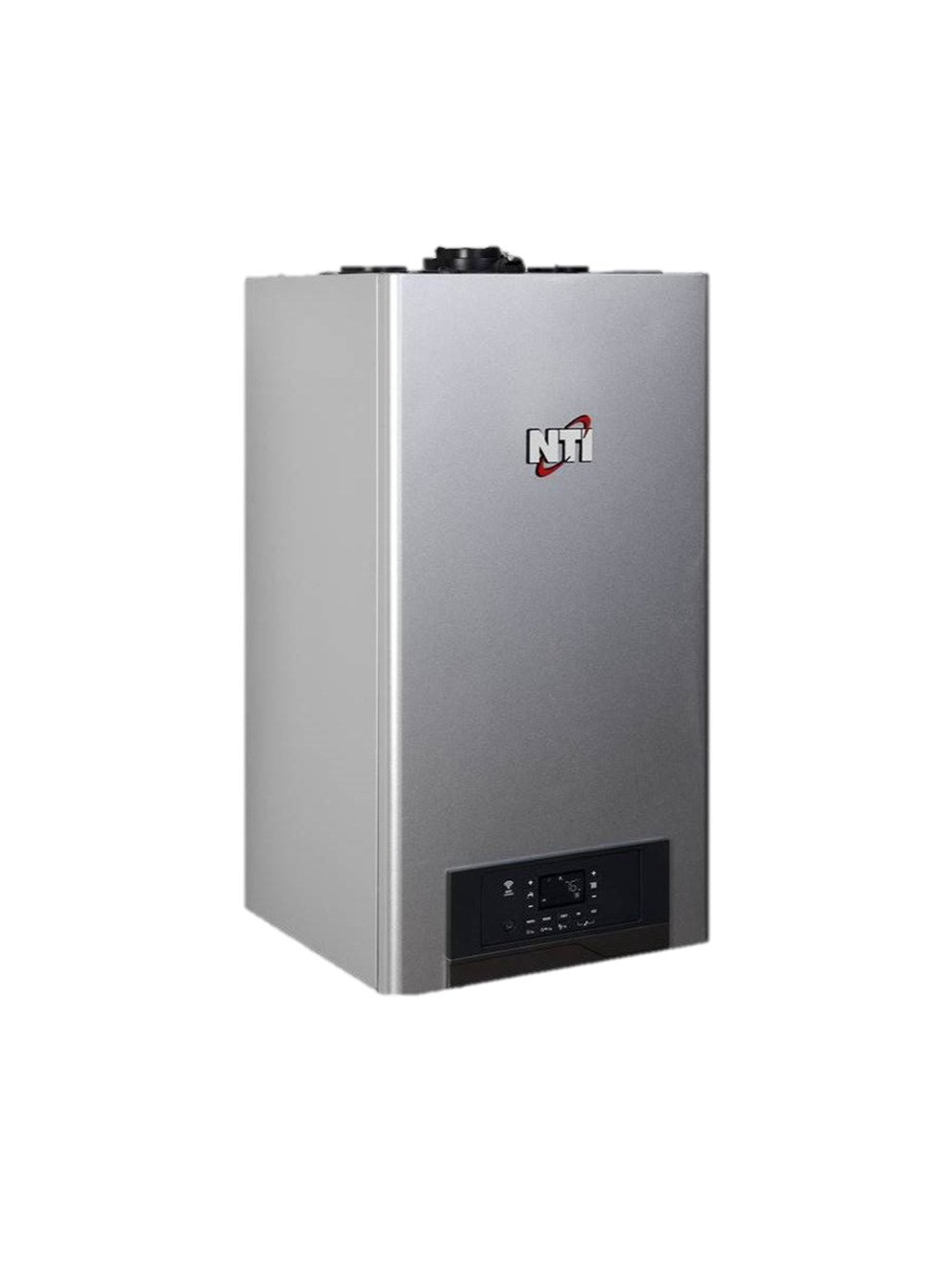The terms ‘water boiler’ and ‘heater’ are often used interchangeably when homeowners discuss HVAC systems. While these two units have some similarities, they have stark differences that impact how and why they’re used.
At DirectBuy Furnance, we provide top-notch installation services for water boilers and heaters in the Lower Mainland. If you’re unsure which one to install, we’ve listed a few differences between these two systems to give you an idea of what you’re looking for. Keep reading to learn more!
The Differences Between Water Boilers and Heaters
A water boiler is a heating system that performs like a furnace, baseboard heater, or other similar unit. Boilers are generally powered by natural gas, oil, and/or propane and provide warmth by heating water to near-boiling point.
Boilers work with radiant and forced-air heating systems to heat the floors or air in a home. These units are excellent for providing consistent heat during colder months of the year, ensuring you stay warm and comfortable throughout winter.
While a boiler’s primary function is to provide heat using water, a water heater heats and stores water to be dispensed by the homeowner when needed.
This water is used to take hot baths and showers, wash dishes, or do laundry. After the hot water is released from the tank, more cold water is collected from the reservoir to be heated and stored for later use.
The main difference between these two heating systems is their purpose—while a boiler heats your home using hot water, a heater stores hot water for other uses.
Now that you’re aware of their different purposes, knowing how boilers and heaters contrast in their mechanism, maintenance, and energy consumption will help you better understand their separate uses within your HVAC system.
Heating Mechanisms and Functions
Water boilers comprise large sealed tanks with circulating pumps that push hot water through a pipe network. This network goes throughout the house and hits radiator waypoints to ensure the water cycles back to the boiler, providing consistent warmth in every room.
A water heater consists of a sealed tank and dip tube. Depending on the model, it heats water using electric coils, gas flames, or heat exchangers. After heating the water, it flows through a piping system and is dispensed to the dishwasher, washing machine, shower, and other similar appliances.
Energy Efficiency
Most boiler systems receive efficiency ratings up to 98%, while water heaters typically go up to 60%, making boilers more fuel-efficient overall.
A boiler’s energy efficiency is measured by its annual fuel use, while a water heater’s efficiency is measured by its daily fuel consumption.
Note that the amount of energy consumed by water boilers and heaters depends on the make and model of each unit, and one cannot replace the other.
Maintenance
Both water boilers and heaters require regular maintenance to ensure proper functionality. In general, water heaters require less maintenance than boilers.
Maintenance tasks for a water boiler include regularly cleaning vents and flues, descaling lime, lubricating components, flushing out the system every six months, and performing annual water level inspections.
Water heater maintenance tasks include draining the tank to remove sediment, testing the water valve, and inspecting the heater for leaks and tares.
Overall, water boilers and heaters differ in several ways and cannot be used interchangeably. A water boiler is an excellent choice for a heating system, but if you need to dispense hot water from taps and appliances, you likely need a water heater.
Choose DirectBuy Furnace for Quality Installation Services
At DirectBuy Furnace, we install high-quality water boilers, heaters, furnaces, and other HVAC systems in Port Coquitlam and the surrounding areas. If you want a heating system that will last, contact us today to learn more about our installation services and the brands we supply!

